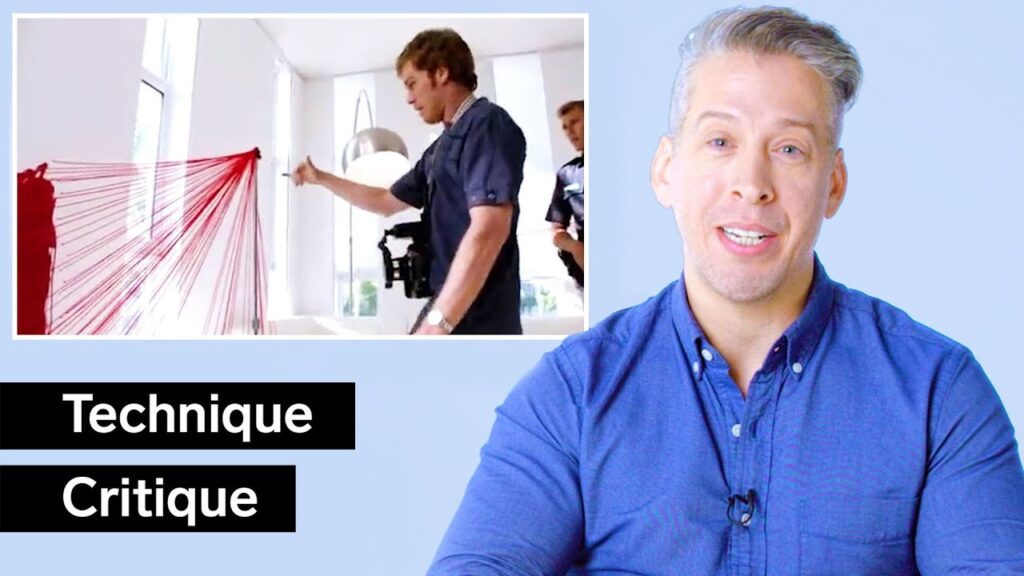The Importance of Safe Surgery Checklist and Other Medical Inaccuracies in Movies and TV Shows
Summary
In this article, we discuss the importance of safe surgery checklists in reducing medical and surgical errors. We also explore various medical inaccuracies depicted in movies and TV shows, including the depiction of surgeries, medical staff, and procedures.
Table of Contents
- The Importance of Safe Surgery Checklist
- Preoperative Antibiotics to Prevent Infections
- Medical Inaccuracies in Movies and TV Shows
- Approaching Patients Who Are Hesitant to Trust Doctors
- Uncertainty About Organ Procurement in RoboCop
The Importance of Safe Surgery Checklist
The use of a safe surgery checklist is crucial in reducing medical and surgical errors. Similar to an airline safety checklist, the safe surgery checklist is practiced in every operating room. The checklist ensures that all necessary steps are taken before, during, and after the surgery to minimize the risk of complications. A thorough surgical timeout is an example of a step in the safe surgery checklist. During the timeout, the surgical team confirms the patient’s identity, the surgical site, and the procedure to be performed.
Preoperative Antibiotics to Prevent Infections
Preoperative antibiotics are essential in preventing infections during surgery. The antibiotics are given before the surgery to reduce the risk of infections caused by bacteria that may enter the body during the surgical procedure.
Medical Inaccuracies in Movies and TV Shows
Movies and TV shows often depict medical procedures inaccurately. For example, a brain transplant is not possible, and the depiction of craniectomies and organ transplants is not entirely accurate. The use of fire to cauterize wounds, unnecessary bullet removal, and the unrealistic portrayal of medical staff and procedures are also common inaccuracies.
In a scene from The Dark Knight, there are inaccuracies related to nursing uniforms and burn treatment. The writer notes that patient handoffs and medical record-keeping are typically more formal than depicted on screen. In a Parks and Recreation scene, a patient is hesitant to trust doctors, and the writer suggests better ways to approach such patients.
Approaching Patients Who Are Hesitant to Trust Doctors
Patients who are hesitant to trust doctors may have had negative experiences in the past. It is essential to approach these patients with empathy and understanding. Listening to their concerns and addressing them can help build trust and improve the patient-doctor relationship.
Uncertainty About Organ Procurement in RoboCop
The writer is unsure about a scene from RoboCop regarding organ procurement. While the scene depicts a successful organ transplant, the writer notes that the process of organ procurement is much more complicated and involves strict regulations and protocols.
Conclusion
Safe surgery checklists and preoperative antibiotics are crucial in reducing medical and surgical errors. Movies and TV shows often depict medical procedures inaccurately, and it is important to approach patients who are hesitant to trust doctors with empathy and understanding. While entertainment can be a valuable tool for education, it is crucial to recognize the inaccuracies and limitations of these depictions.






